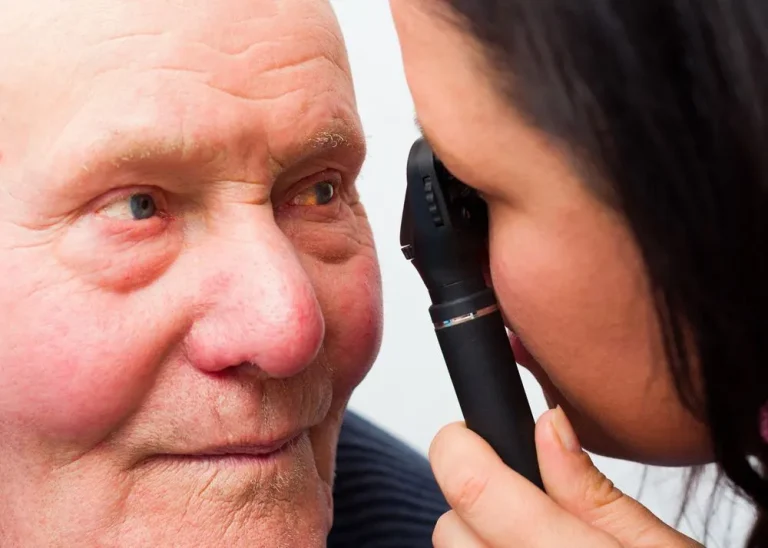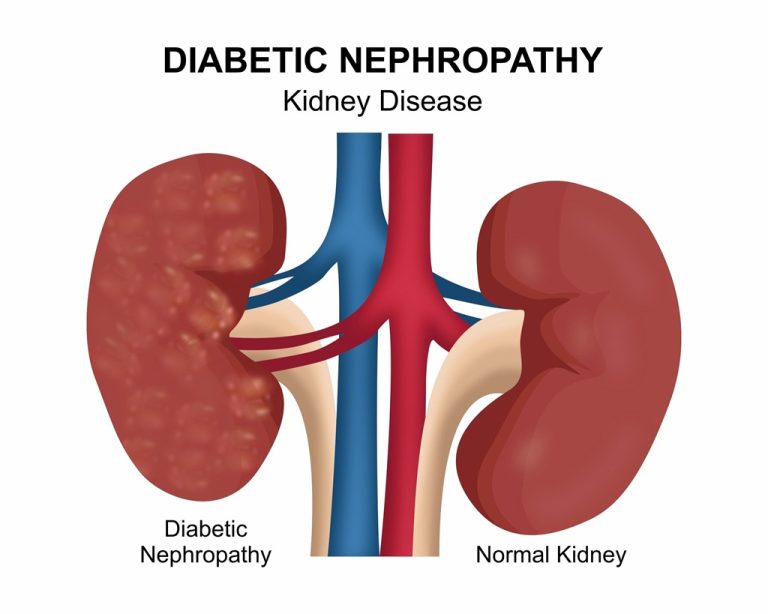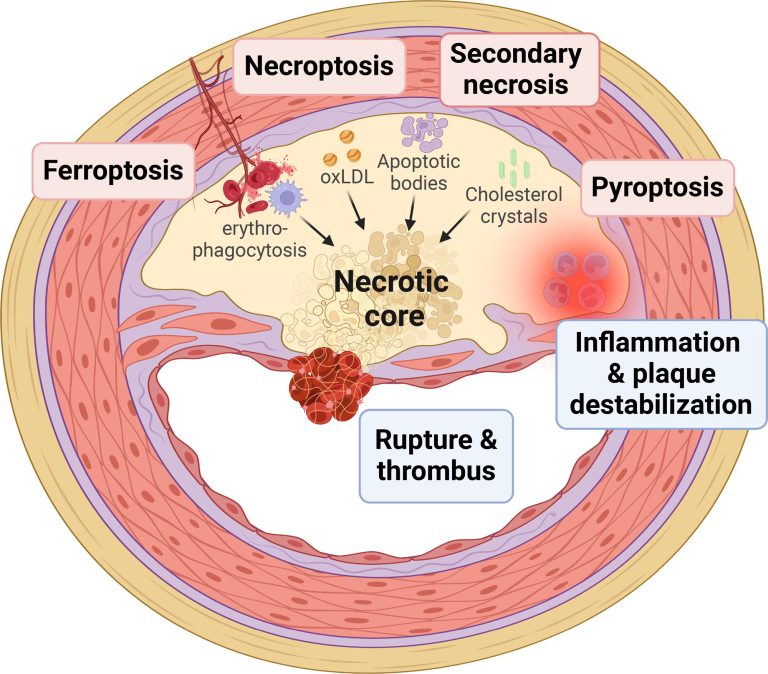
Allergy Testing: A Comprehensive Guide for Asthma Sufferers
Allergy testing is a medical procedure used to diagnose allergies, which are a common trigger for asthma symptoms. Allergies occur when the body’s immune system overreacts to a harmless substance, such as pollen, dust, or pet dander.

In people with asthma, allergies can trigger inflammation and constriction of the airways, leading to symptoms such as wheezing, coughing, and shortness of breath. In this article, we will discuss the different types of allergy testing, how they are performed, and what the results mean for asthma sufferers.
Types of Allergy Testing
There are several types of allergy testing, including:
1. Skin Prick Test (SPT): This is the most common type of allergy testing. It involves placing a small amount of an allergen on the skin and pricking the skin with a small needle. If the person is allergic, a red, itchy bump will appear within 15-20 minutes.
2. Blood Tests: These tests measure the levels of allergy-related antibodies in the blood. The most common blood tests are the radioallergosorbent test (RAST) and the enzyme-linked immunosorbent assay (ELISA).
3. Patch Test: This test is used to diagnose skin allergies, such as contact dermatitis. A small amount of an allergen is placed on the skin and covered with a patch. The patch is left on for 48-72 hours, and the skin is examined for signs of an allergic reaction.
4. Elimination Diet: This test is used to diagnose food allergies. The person eliminates common allergenic foods from their diet for a period of time and then reintroduces them one at a time to see if symptoms occur.
How Allergy Testing is Performed
Allergy testing is typically performed in a doctor’s office or an allergy clinic. The procedure varies depending on the type of test being performed. Here is a general overview of how each test is performed:
1. Skin Prick Test (SPT):
– The skin is cleaned and prepared with an antiseptic solution.
– A small amount of an allergen is placed on the skin.
– The skin is pricked with a small needle.
– The skin is observed for 15-20 minutes for signs of an allergic reaction.
2. Blood Tests:
– A blood sample is taken from a vein in the arm.
– The blood is sent to a laboratory for analysis.
– The results are typically available within a few days.
3. Patch Test:
– A small amount of an allergen is placed on the skin.
– The skin is covered with a patch.
– The patch is left on for 48-72 hours.
– The skin is examined for signs of an allergic reaction.
4. Elimination Diet:
– The person eliminates common allergenic foods from their diet for a period of time.
– The person keeps a food diary to track their symptoms.
– The person reintroduces the eliminated foods one at a time to see if symptoms occur.
What the Results Mean for Asthma Sufferers
The results of allergy testing can help asthma sufferers in several ways:
1. Identifying Triggers: Allergy testing can help identify the specific allergens that trigger asthma symptoms.
2. Developing a Treatment Plan: Once the triggers are identified, a treatment plan can be developed to avoid or minimize exposure to those triggers.
3. Reducing Symptoms: By avoiding or minimizing exposure to triggers, asthma symptoms can be reduced, and the frequency and severity of asthma attacks can be decreased.
4. Improving Quality of Life: By managing asthma symptoms and reducing the frequency and severity of asthma attacks, allergy testing can help improve the quality of life for asthma sufferers.
Conclusion
Allergy testing is an important diagnostic tool for asthma sufferers. By identifying the specific allergens that trigger asthma symptoms, allergy testing can help develop a treatment plan to avoid or minimize exposure to those triggers.
This can lead to a reduction in symptoms, a decrease in the frequency and severity of asthma attacks, and an improvement in quality of life. If you suspect that you or a loved one has allergies that may be triggering asthma symptoms, consult with a healthcare professional to discuss the benefits of allergy testing.







